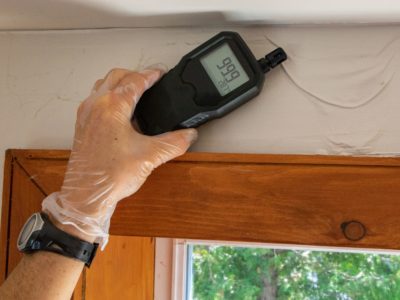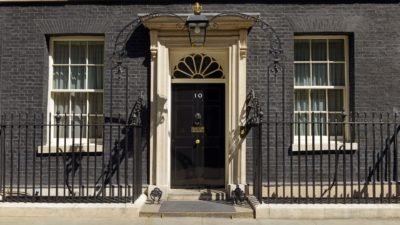Private landlords who provide affordable homes in rural areas of Scotland should be offered the same financial support as housing associations, to help them improve the energy efficiency of their properties, according to rural business association Scottish Land & Estates (SLE).
SLE made the recommendation as part of a response to a Scottish government consultation, on the subject of energy efficiency regulations for property in the private rented sector (PRS).
The Home Energy Scotland website provides six financial support options, aimed at improving the energy efficiency of properties. However, SLE revealed that private landlords can only make use of one of six financial support options offered at present when offering affordable properties to rent in rural Scotland.
Improvements to housing stock supported
In their response to the Scottish government consultation, SLE outlined their support for the need to improve the quality of housing stock, to help meet the Scottish government’s ambition to ensure greener homes in the future.
SLE claimed: “A more gradual, well-supported approach, where landlords have access to financial support, will have a much better chance at significantly improving the condition of housing stock. This will have the advantage of tackling fuel poverty for tenants, considerably contributing to Scotland’s climate change targets and ensure a long-term supply of houses in good condition for the PRS.”
As well as reducing fuel poverty, greater financial support for landlords would have the effect of ultimately contributing to more sustainable economic growth for Scotland, SLE added.
Risk of damaging rural communities
SLE was concerned that, without adequate financial support, landlords would no longer be able to offer a supply of affordable homes in rural areas, which would have a knock-on impact on rural economies, by reducing the ability of local businesses recruit staff.
In turn, poor job prospects would lessen demand for local schools, bus services and other local amenities, according to SLE. Concern was also raised by SLE about the methodology of energy performance certificates (EPCs) used by the Scottish government, leading them to ask for greater clarity, when it came to how energy efficiency regulations would work in practice.
Stephen Young, head of policy at SLE, explained: “The method used for calculating EPC is not fit for purpose. It is based on an ‘average’ home, and just does not sufficiently account for things like efficient off-grid heating or the construction type of many properties in rural areas.”
Mr Young concluded: “These flaws are well-documented and need to be addressed if the EPC is to be the main regulatory tool to improve energy efficiency across the PRS housing stock in Scotland.”























Comments